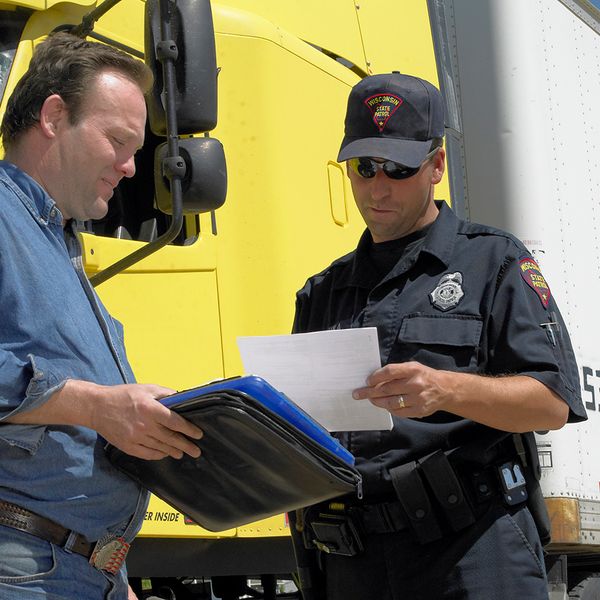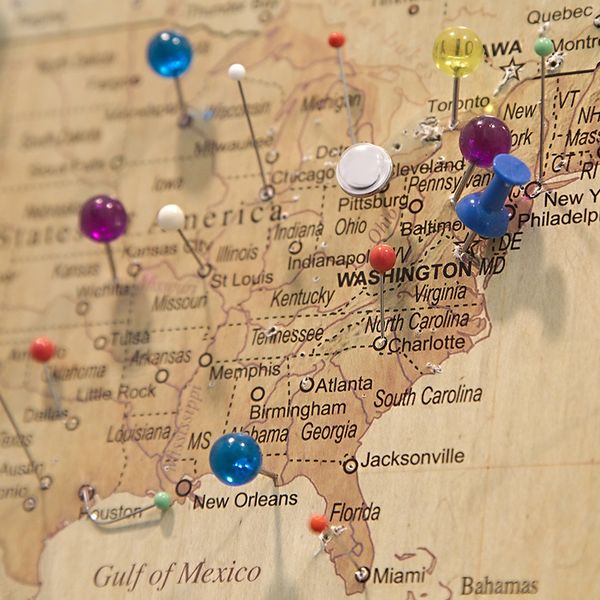4 Reasons to file your annual UCR registration accurately and on time
For an operation subject to the Unified Carrier Registration (UCR) to continue operating legally, the registration must be completed and the fee paid before January 1 each registration year. If you wait until after that date, your registration fee is still due and you risk exposing your operation to several unpleasant consequences.
While no UCR credential is issued, enforcement is accomplished through online data checks and various types of audits. This is where consequences can begin if your registration and fees are not up to date.
Vehicle registration could be denied
Each UCR participating state is free to impose what penalties it sees fit for noncompliance with the requirements of the program, and many of those are significant.
- Some states will deny your vehicle registration until you complete UCR registration. This is particularly true in states where the International Registration Plan (IRP) is administered with the UCR program by a single agency.
- The UCR audit program uses states’ IRP records to highlight discrepancies between the number of vehicles you registered under IRP and the size of the fleet you declared for UCR. A carrier that underpays its UCR fees will be treated as if it’s not registered. This status appears on the public portion of FMCSA’s website and subjects the carrier to enforcement actions.
- Enforcement officials at all levels may access databases of the FMCSA to check whether an entity associated with a particular DOT number has a current UCR registration. That check can be carried out at roadside during a traffic stop, as well as in other settings.
- Finally, falsely completing the UCR registration form could result in penalties for perjury that may be imposed by your base state.
Who’s covered?
Interstate motor carriers of nearly every type are subject to UCR, as are interstate transportation brokers, freight forwarders, and companies that lease or rent rolling stock to interstate carriers. Carriers based in Canada and Mexico that operate in United States are also covered.
What’s required?
If your company is subject to UCR, you must:
- register annually with your base state, and
- pay an annual fee based on the size of your fleet.
Interstate carriers located in non-participating states are still subject to UCR.
- Registration opened October 1, 2021, for the 2022 UCR registration year.
- Fees remain the same as they were for 2021 and must be paid by Jan. 1, 2022.
Where to register and pay?
When the UCR program began, it was expected that a UCR registrant would deal directly with its own base state to register and pay its fees. As a practical matter, however, the creation of a national online UCR registration system has changed the process.
Although businesses subject to UCR still register with their respective base states, most do so online through the national registration system. You can enter your information online, and then either pay the fee online or mail a check to the address shown on the site.
You can still use a paper form to register, and mail or bring it in to your base state with your payment. You can also visit an office in your base state and allow the state to perform your registration and accept the fee.
Key to remember: Avoid the unpleasant consequences and extra work created by non-compliance. Register under UCR and pay the fees by January 1.






















































